Today I was ten minutes late for a foot massage appointment which doesn't sound like much, but it had a ripple effect that gave me pause to think more deeply into why I experience self-care as one of the most radically important things we can do for ourselves (and consequently for others).
I injured my foot a few years ago and periodically it flares up to the point where I just limp all over the place. I was late to my appointment, but I was actually on time....you see, I had parked and was in the car outside the reflexology clinic but I was distracted from getting out of the car, preoccupied because I was sucked in and responding to another person's experience of anxiety. I walked into the clinic, apologetic and taking responsibility for the tardiness. The clinic manager told me (kindly) that he'd have to reduce the amount of time I had today because he had another appointment directly after mine. I couldn't receive the full massage. It was totally fine, and I replied, "Yes, of course, that makes sense. My apologies again for being late."
Without meaning to, as soon as the therapist began tears started silently streaming down my face. Not happy, not sad, but just a deep acknowledgement of how easy it is to get swept into another's experience, to take on another's pain, to forget to make room for one's own healing. Tears fell in gratitude, too, that I was here in this moment breathing air and just being. Gratitude that I can afford this, and gratitude that they offer these reflexology treatments at a price that is manageable. Gratitude, knowing that this would bring me relief and the limping would subside.
The sweet therapist went and got a blanket and a box of tissues, which I accepted. It was hard to express that I wasn't sad, per se, but primarily just grateful to let everything go for this moment.
As is true for many of you, the jobs I've taken on and served in have had 'Understands and Provides Self-care' as an unlisted job skill requirement. Indeed, I've sat through interviews (on both sides of the table) both asking the question of an applicant as well as answering as an interviewee.
"How do you manage self-care?" It continues to be one of the most revitalizing questions out there.
For obvious reasons (hello, patriarchy!), culturally we just can't proudly list Excellent at Self-Care on resumes when applying for jobs, as we tend to dismiss or undervalue our ability to nurture ourselves in a culture that increasingly seeks to dehumanize our spirit. But, this is precisely why taking care of ourselves is revolutionary; a great way to 'stick it to the Man' is to understand on a cellular level that our existence has inherent value as it is, in totality, and is utterly deserving of our care.
It occurred to me that I don't often share in concrete specific ways how I internally process information as it relates to self-care. To me, it's more of a process to check in with myself internally, and less about 'going hiking' or 'being in nature' (although these are all nurturing activities that I love.)
As I sat there, I started a list. These are strictly from my perspective; if you find resonance, great! If not, then feel free to take what is useful for you.
Here are some thoughts in no particular order of importance:
1. In my experience, self-care isn't about longevity, although that's a positive boon if it happens. Self-care isn't about avoiding physical danger or emotionally triggering scenarios. It is on a very deep level about taking personal responsibility for my emotional, physical, mental, and spiritual well being. It is looking inward for validation as my biggest nurturer, caregiver, promoter, and supporter. It's understanding and accepting the support of others when it is given freely, but not relying primarily on outside support to manage pain as it arises for me. If I'm relying for the majority of emotional support on outside validation, then I know it's time to slow down and refuel.
2. As a white woman living in this time and in this region, self-care means bringing to awareness the unconscious biases I've inherited and that I operate within. This can and is emotionally uncomfortable, but in the bigger picture it is absolutely integral to healing. My status as a white woman both protects me via systematized brute force (via government protection) and also paradoxically renders me subject to verbal, sexual, and physical assault (via misogynistic violence). I am both a protected class and a vulnerable class, and self-care for myself and others means learning to tell the difference, because lives other than my own are at stake if I don't invest the time to learn. Self-care for me, on the deepest level as it relates to community building, involves cultivating a mindset that doesn't reflexively rely on calling the police first before exhausting other routes towards community well-being and safety.
3. Self-care isn't about 'Mommies who Drink Wine' or any other such catchphrase that over-validates the victimhood of feminine responsibility, motherhood, and caregiving behaviors. It takes effort to let go of the victimizing energy that being "stressed out by it all" brings but the payoff is a better and more complete sense of life balance.When I find myself saying to myself, "AAAH! I'm too busy! I can't do it all!!!!" I practice instead saying, "My life is full," and most times that's enough to reduce my emotional response. If "My life is full," still feels overwhelming, then I know it's time to slow down and re-prioritize my perceived 'to do list.'
4. Oddly enough, letting go of the need to Save the World opens up a lot of emotional space and energy. White Savior behavior, based in the same constructs that fuel white supremacy, paradoxically creates an emotional cycle that only depletes and rarely contributes directly to community building in a lasting manner. We are in relationship with the world; it doesn't need saving. Saving something is one-sided and full of ego. It's exhausting. The world asks us to be in relationship; to love it and nurture it in an active way.
5. Self-care isn't about avoiding death or grief. In my experience, it's about inviting the reality of death into awareness as a natural part of the life cycle. Dehumanizing violence and negligence is not a natural part of the life cycle, and I'll continue to work in this lifetime to create healthier communities for people to exist in. But death is a part of us and is embedded in our core as embodied beings. It is change; it is life; it is hard; it is painful; and it is one of the most beautiful transformations that highlights our spiritual lives in ways that no other life change can. When we can be emotionally and spiritually present with those we care about in the aging and death process, we are giving the world a gift of awareness that simultaneously gifts us with an expansion of our capacity to experience our full range of emotions. It's like exercise for the heart; we become stronger in the workout.
6. And this is one I'm learning in wonderfully heart openings ways from the current people I work with who have very little yet are often very giving....in my experience and in my observation of others, self-care is about nurturing generosity as a gift (but not as a demand). When people over demand from me, I can shut down and grow crusty with negative emotions of feeling overwhelmed. But, when I observe generosity, or when I am able to provide generously with no expectations in return, then the effects are exponentially rewarding. Community building is based in offering and in receiving, and self-care involves learning how to participate in both.
I injured my foot a few years ago and periodically it flares up to the point where I just limp all over the place. I was late to my appointment, but I was actually on time....you see, I had parked and was in the car outside the reflexology clinic but I was distracted from getting out of the car, preoccupied because I was sucked in and responding to another person's experience of anxiety. I walked into the clinic, apologetic and taking responsibility for the tardiness. The clinic manager told me (kindly) that he'd have to reduce the amount of time I had today because he had another appointment directly after mine. I couldn't receive the full massage. It was totally fine, and I replied, "Yes, of course, that makes sense. My apologies again for being late."
Without meaning to, as soon as the therapist began tears started silently streaming down my face. Not happy, not sad, but just a deep acknowledgement of how easy it is to get swept into another's experience, to take on another's pain, to forget to make room for one's own healing. Tears fell in gratitude, too, that I was here in this moment breathing air and just being. Gratitude that I can afford this, and gratitude that they offer these reflexology treatments at a price that is manageable. Gratitude, knowing that this would bring me relief and the limping would subside.
The sweet therapist went and got a blanket and a box of tissues, which I accepted. It was hard to express that I wasn't sad, per se, but primarily just grateful to let everything go for this moment.
As is true for many of you, the jobs I've taken on and served in have had 'Understands and Provides Self-care' as an unlisted job skill requirement. Indeed, I've sat through interviews (on both sides of the table) both asking the question of an applicant as well as answering as an interviewee.
"How do you manage self-care?" It continues to be one of the most revitalizing questions out there.
For obvious reasons (hello, patriarchy!), culturally we just can't proudly list Excellent at Self-Care on resumes when applying for jobs, as we tend to dismiss or undervalue our ability to nurture ourselves in a culture that increasingly seeks to dehumanize our spirit. But, this is precisely why taking care of ourselves is revolutionary; a great way to 'stick it to the Man' is to understand on a cellular level that our existence has inherent value as it is, in totality, and is utterly deserving of our care.
It occurred to me that I don't often share in concrete specific ways how I internally process information as it relates to self-care. To me, it's more of a process to check in with myself internally, and less about 'going hiking' or 'being in nature' (although these are all nurturing activities that I love.)
As I sat there, I started a list. These are strictly from my perspective; if you find resonance, great! If not, then feel free to take what is useful for you.
Here are some thoughts in no particular order of importance:
1. In my experience, self-care isn't about longevity, although that's a positive boon if it happens. Self-care isn't about avoiding physical danger or emotionally triggering scenarios. It is on a very deep level about taking personal responsibility for my emotional, physical, mental, and spiritual well being. It is looking inward for validation as my biggest nurturer, caregiver, promoter, and supporter. It's understanding and accepting the support of others when it is given freely, but not relying primarily on outside support to manage pain as it arises for me. If I'm relying for the majority of emotional support on outside validation, then I know it's time to slow down and refuel.
2. As a white woman living in this time and in this region, self-care means bringing to awareness the unconscious biases I've inherited and that I operate within. This can and is emotionally uncomfortable, but in the bigger picture it is absolutely integral to healing. My status as a white woman both protects me via systematized brute force (via government protection) and also paradoxically renders me subject to verbal, sexual, and physical assault (via misogynistic violence). I am both a protected class and a vulnerable class, and self-care for myself and others means learning to tell the difference, because lives other than my own are at stake if I don't invest the time to learn. Self-care for me, on the deepest level as it relates to community building, involves cultivating a mindset that doesn't reflexively rely on calling the police first before exhausting other routes towards community well-being and safety.
3. Self-care isn't about 'Mommies who Drink Wine' or any other such catchphrase that over-validates the victimhood of feminine responsibility, motherhood, and caregiving behaviors. It takes effort to let go of the victimizing energy that being "stressed out by it all" brings but the payoff is a better and more complete sense of life balance.When I find myself saying to myself, "AAAH! I'm too busy! I can't do it all!!!!" I practice instead saying, "My life is full," and most times that's enough to reduce my emotional response. If "My life is full," still feels overwhelming, then I know it's time to slow down and re-prioritize my perceived 'to do list.'
4. Oddly enough, letting go of the need to Save the World opens up a lot of emotional space and energy. White Savior behavior, based in the same constructs that fuel white supremacy, paradoxically creates an emotional cycle that only depletes and rarely contributes directly to community building in a lasting manner. We are in relationship with the world; it doesn't need saving. Saving something is one-sided and full of ego. It's exhausting. The world asks us to be in relationship; to love it and nurture it in an active way.
5. Self-care isn't about avoiding death or grief. In my experience, it's about inviting the reality of death into awareness as a natural part of the life cycle. Dehumanizing violence and negligence is not a natural part of the life cycle, and I'll continue to work in this lifetime to create healthier communities for people to exist in. But death is a part of us and is embedded in our core as embodied beings. It is change; it is life; it is hard; it is painful; and it is one of the most beautiful transformations that highlights our spiritual lives in ways that no other life change can. When we can be emotionally and spiritually present with those we care about in the aging and death process, we are giving the world a gift of awareness that simultaneously gifts us with an expansion of our capacity to experience our full range of emotions. It's like exercise for the heart; we become stronger in the workout.
6. And this is one I'm learning in wonderfully heart openings ways from the current people I work with who have very little yet are often very giving....in my experience and in my observation of others, self-care is about nurturing generosity as a gift (but not as a demand). When people over demand from me, I can shut down and grow crusty with negative emotions of feeling overwhelmed. But, when I observe generosity, or when I am able to provide generously with no expectations in return, then the effects are exponentially rewarding. Community building is based in offering and in receiving, and self-care involves learning how to participate in both.
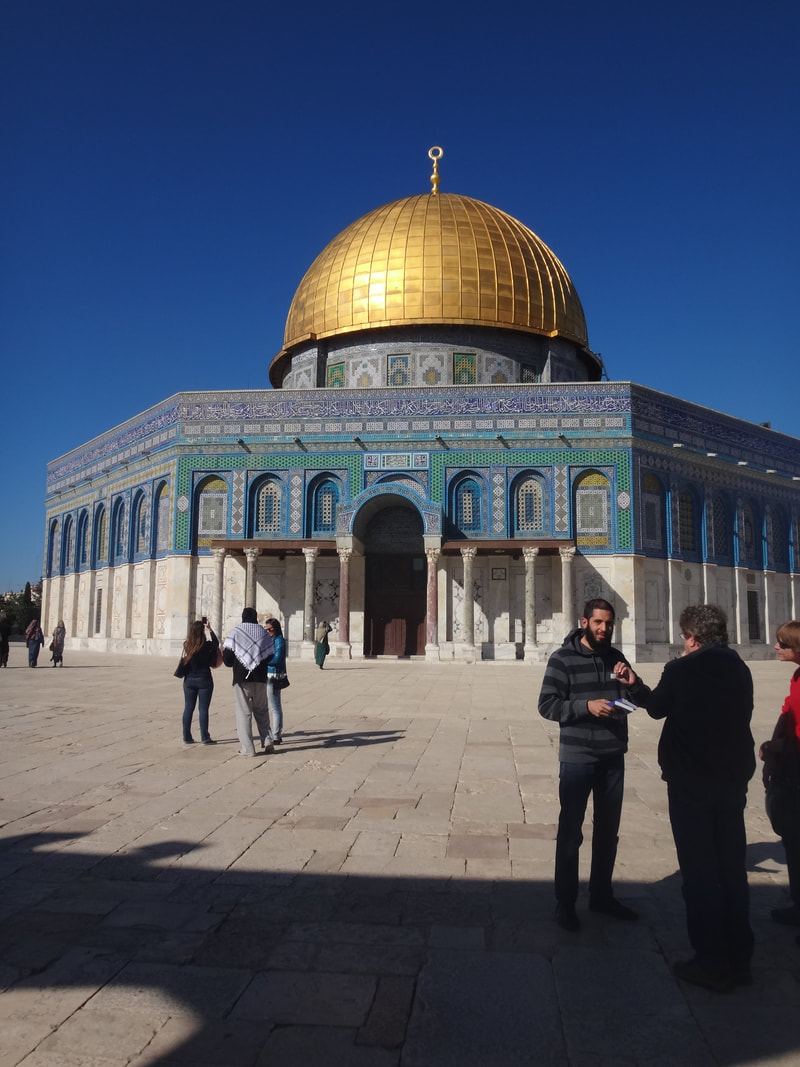
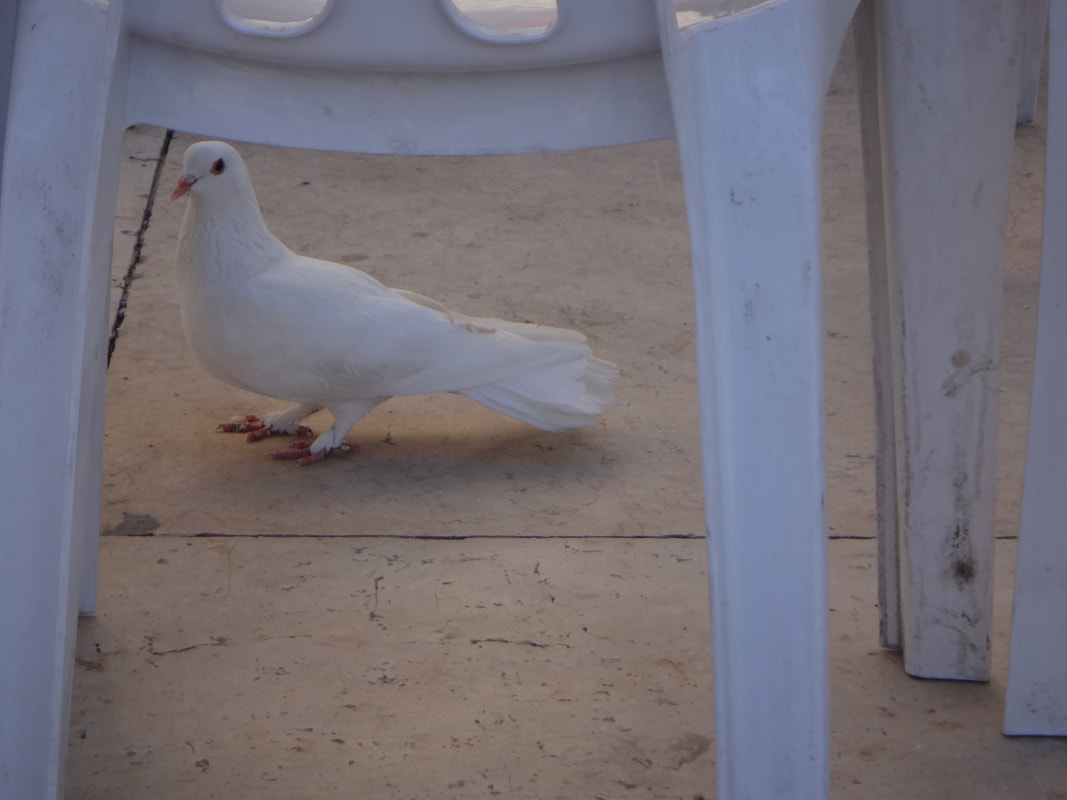
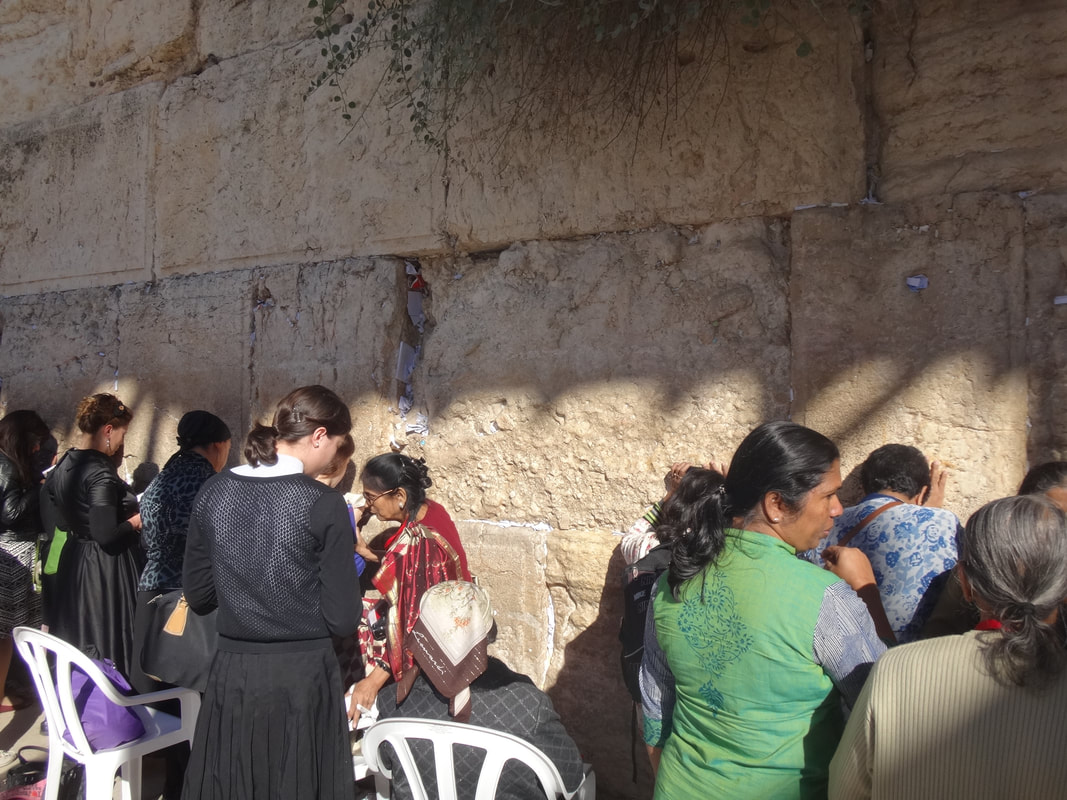
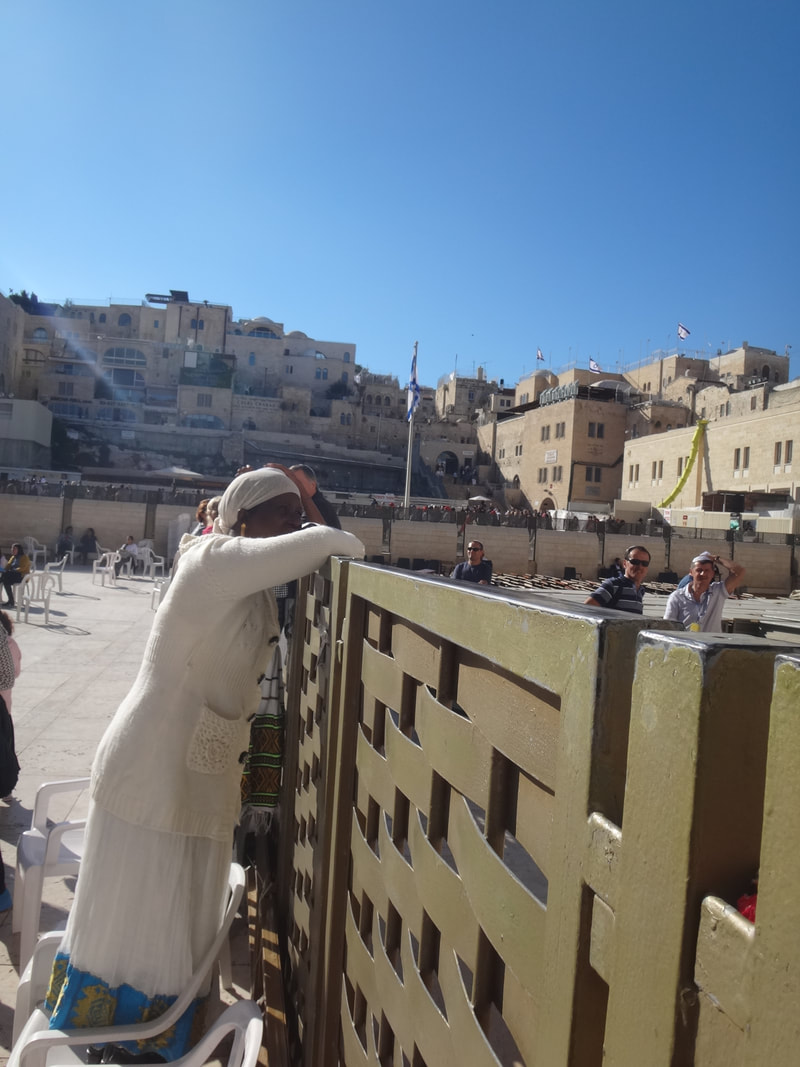
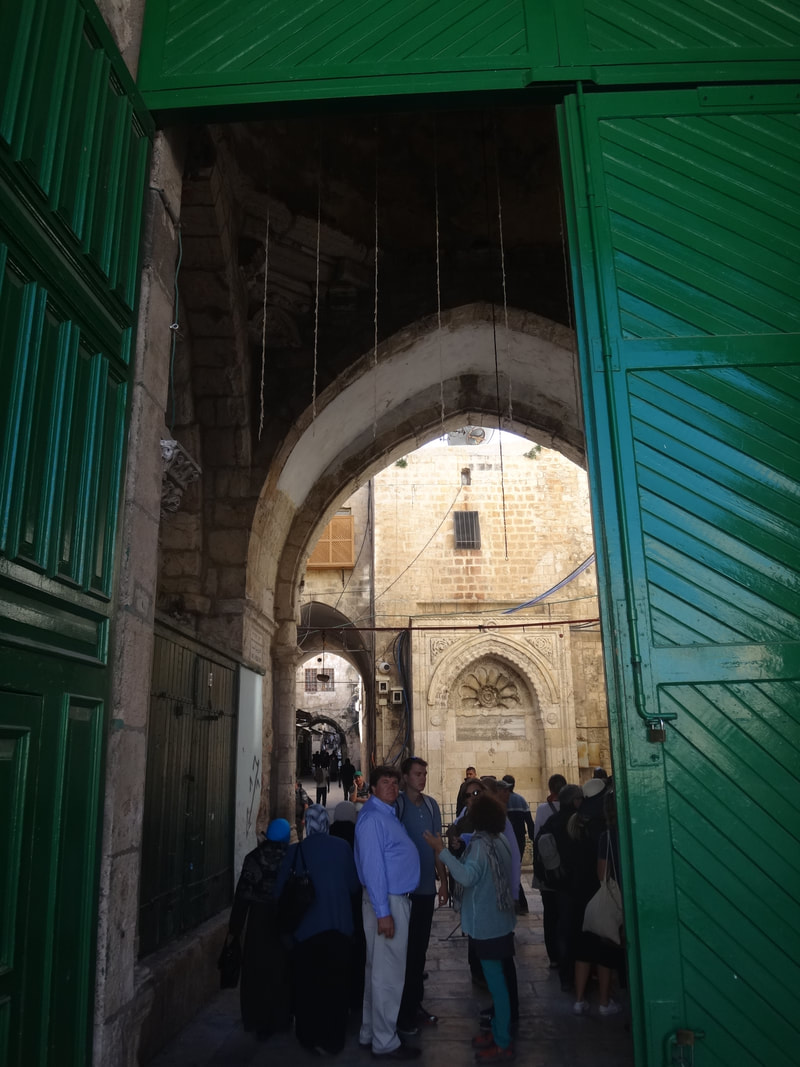
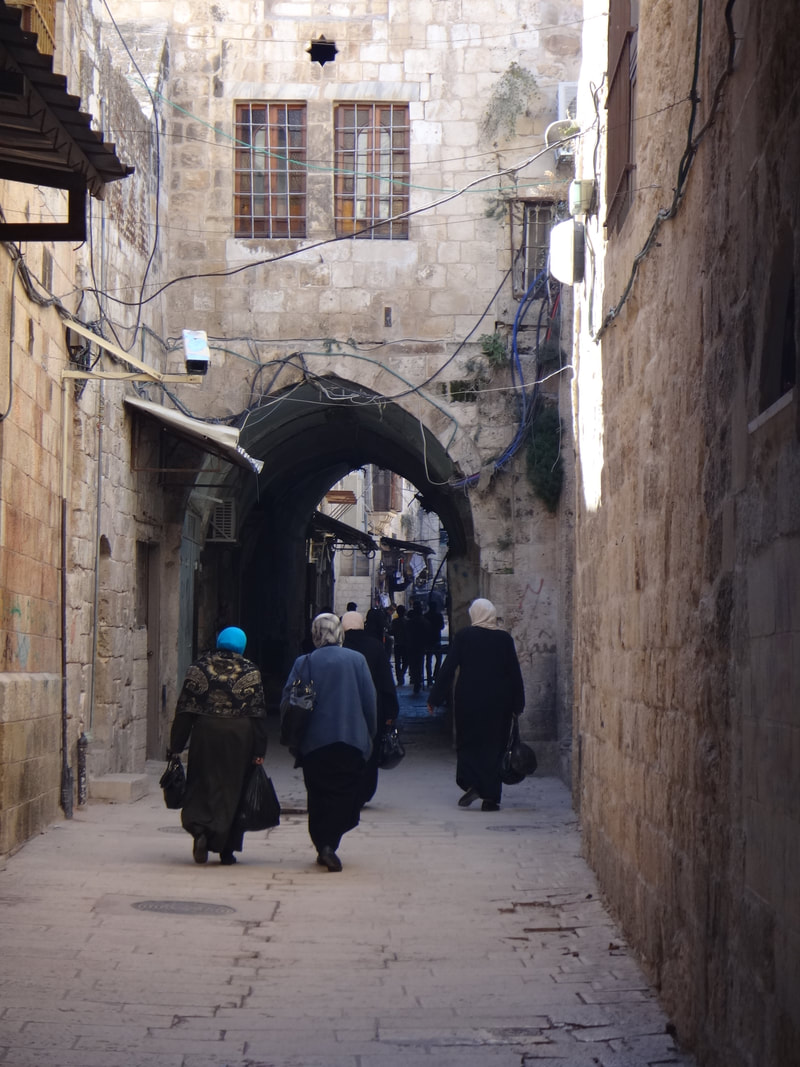
 RSS Feed
RSS Feed